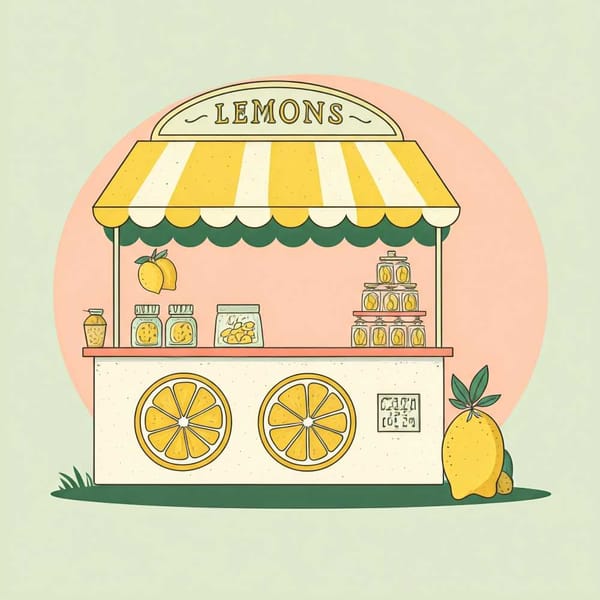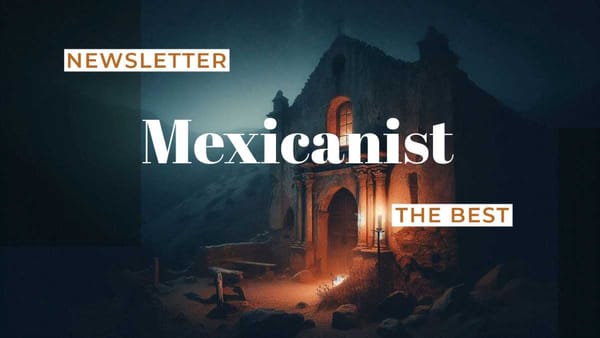Casa Wabi, art by the sea in Oaxaca
Casa Wabi is a cultural complex built on the edge of the Oaxacan coast, on the beaches of Puerto Escondido, near the Manialtepec Lagoon.

In an area of more than 30 hectares, the self-taught architect of Japanese origin Tadao Ando - Pritzker Prize 1995 - designed the main structure of Casa Wabi, composed of six studio-bedrooms that house the resident artists, an exhibition hall, another for film projection, large spaces for multiple uses and a garden where species of the endemic flora of Oaxaca predominate.
Tadeo Ando defined this insignia of contemporary architecture as "a very singular project, where I used diverse uncommon materials, allowing me to create architecture and spaces that cannot be created anywhere else. In addition to Ando's mastery, the architects Alvaro Siza, also a Pritzker Prize winner in 1992, designed the clay pavilion; the Mexican Alberto Kalach, who designed the botanical garden and built the high-temperature oven that will soon be inaugurated; Japanese architect Kengo Kuma, who created a sustainability project that includes an orchard, a greenhouse, and a henhouse; Paraguayan architects Gloria Cabral and Solano Benítez, who participated in the creation of the composting pavilion; and the Ambrosi-Echegaray office in Mexico City, which conceived the Guayacán Pavilion.
The Casa Wabi Foundation, founded in 2014 by the artist Bosco Sodi, takes its name from the Japanese concept "Wabi-Sabi", which represents a vision of the world centered on the acceptance of the ephemeral and imperfection. In general terms, Wabi means "the elegant beauty of humble simplicity" and sabi "the passage of time and subsequent deterioration".
Based on this philosophy and on the principle that "In the world of art, especially in Mexico, successful artists must feel the need to give their contribution and establish a genuine social commitment", which its founder, Bosco Sodi, maintains, the Casa Wabi Foundation has set as its fundamental objective the coexistence, dialogue and cultural exchange of knowledge, customs, and traditions between the resident artists and the more than twenty communities surrounding Puerto Escondido.
In five years of operation, Casa Wabi has received more than 300 artists, both national and foreign, at the rate of six residents, whose stay lasts on average from one to one and a half months. These creators have interacted with more than 80,000 inhabitants of Oaxacan localities in community projects with social and cultural projection.
The Residency Program is based on three objectives: 1) to offer the resident a space for introspection that enhances their creativity; 2) to encourage artistic feedback among the resident creators from various disciplines; and 3) to promote genuine interaction with women and men students, artisans, cooperatives and workers from the communities of the Oaxacan Costa Chica.
According to anthropologist Juan Pino Poliakoff, director of Community Projects, these "are the soul of the foundation; without them, Casa Wabi would be just another residence, like so many others that exist.
"The projects developed by the residents with advice from Casa Wabi - adds Pino - in close collaboration with the area's population, seek to rescue and revalue local languages, oral memory, and collective history; encourage discussion and assimilation of gender and identity issues; boost the local economy through their arts and crafts and promote the protection of species and the use of the area's natural resources.
"Through the practice of different artistic disciplines and the organization of talks, workshops, and publications", says the director of Community Projects, "we have managed to consolidate various programs, including the clay workshop which is aimed at primary and secondary school children from neighboring communities and aims to revitalize the importance and organic nobility of this material, which is a reference point for the culture and local economy.
"A very important project of Casa Wabi's cultural outreach is the operation of the Coastal Mobile Library, a program developed in conjunction with the Alfredo Harp Helú Foundation Oaxaca. This library circulates with an important collection of books for children, young people, and adults and visits communities in the area, where it carries out activities in schools and public spaces, to promote the practice and enjoyment of reading," concludes Pino Poliakoff.
For her part, Carla Sodi, general director of Casa Wabi, highlights the Film Program "which seeks to expand film culture in the region, facilitate the production of national and international films, support the making of documentaries on the Oaxacan Coast region and the organization of workshops and meetings that promote audiovisual media.
"In the Casa Wabi screening room, the Foundation offers free programming conceived in collaboration with the Cineteca Nacional de México, Ambulante Gira de Documentales, NDMantarraya, and DOCsDF. We have also developed a program of open-air screenings in the surrounding communities.
"On the other hand, we also have an exhibition program of works by established artists, whose exhibitions last approximately one year, allowing access to the greatest number of people".
Finally, the general director of Casa Wabi, says that all the activities developed by the Foundation "are carried out with the support and cooperation of cultural agencies of the federal, state, private and civil society governments, which has allowed us to set up a new residence in Tokyo, Japan, called Casa NaNo, dedicated to introducing young Mexican artists to the culture and contemporary Japanese art scene. Likewise, the Foundation has opened a new exhibition space in the Santa María la Ribera neighborhood, aimed at promoting the work of young artists in Mexico City".




